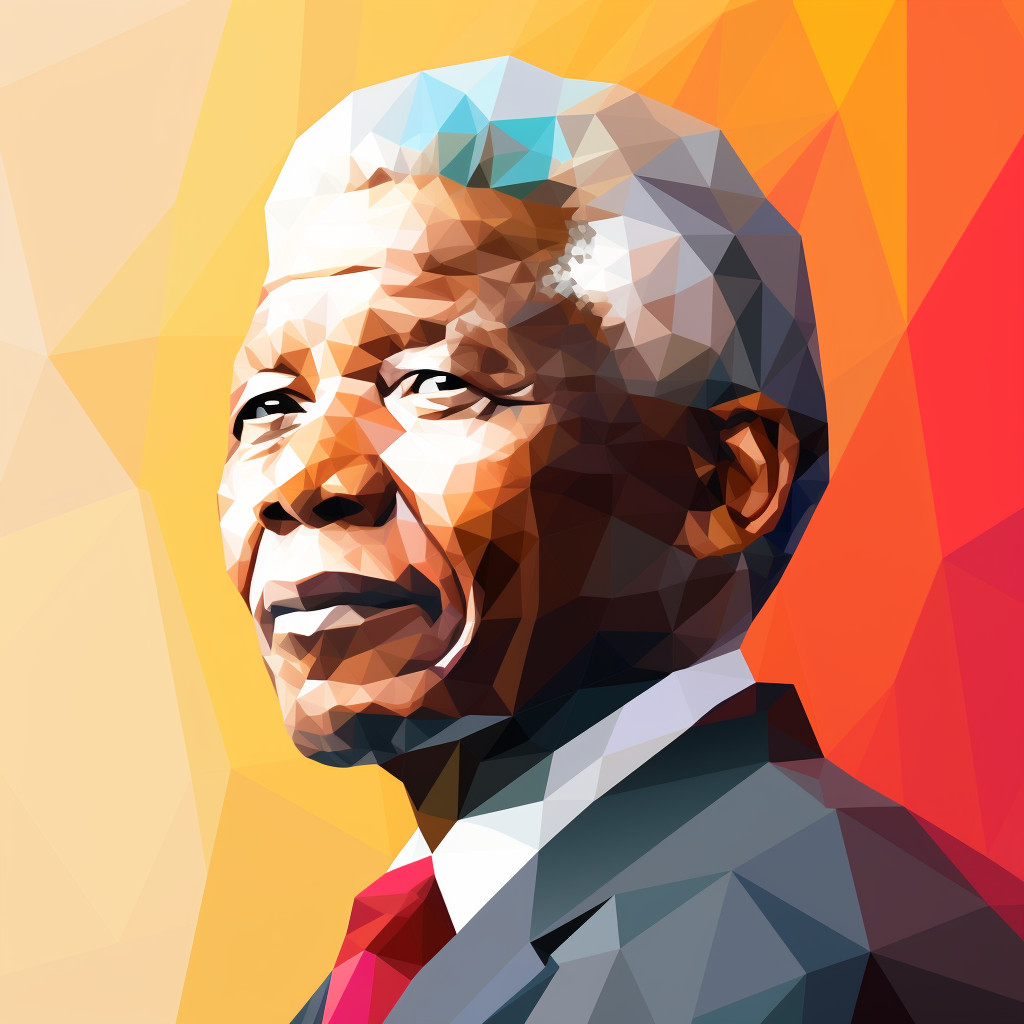This quote anticipates the growing significance of communication in the 21st century, suggesting that it will be as fundamental to human dignity and freedom as any other human right. It implies that being able to express oneself, to access and exchange information, will be crucial for individual and social development, empowerment, and participation in society.
The phrase “capacity to communicate” is broad and encompasses more than just the ability to speak or write. It includes access to communication technologies and platforms, digital literacy, freedom of expression and information, language rights, and the skills to understand and critically engage with diverse forms of communication.
In today’s world, this idea can be seen in the ongoing struggles for digital rights and internet access, the importance of media literacy in the face of ‘fake news’, and the role of social media in social movements and political participation. It also underlines the need for inclusive communication that respects and accommodates diversity in languages, cultures, abilities, and identities.
On a personal level, developing one’s capacity to communicate can mean not only improving one’s skills in speaking, writing, listening, and interpreting, but also learning to use and navigate different media and platforms, understanding their impacts and implications, and advocating for one’s rights and those of others in relation to communication. It suggests that to be a fully empowered and active citizen in the 21st century, one needs to be not just a consumer, but also a producer and a critic of communication.






